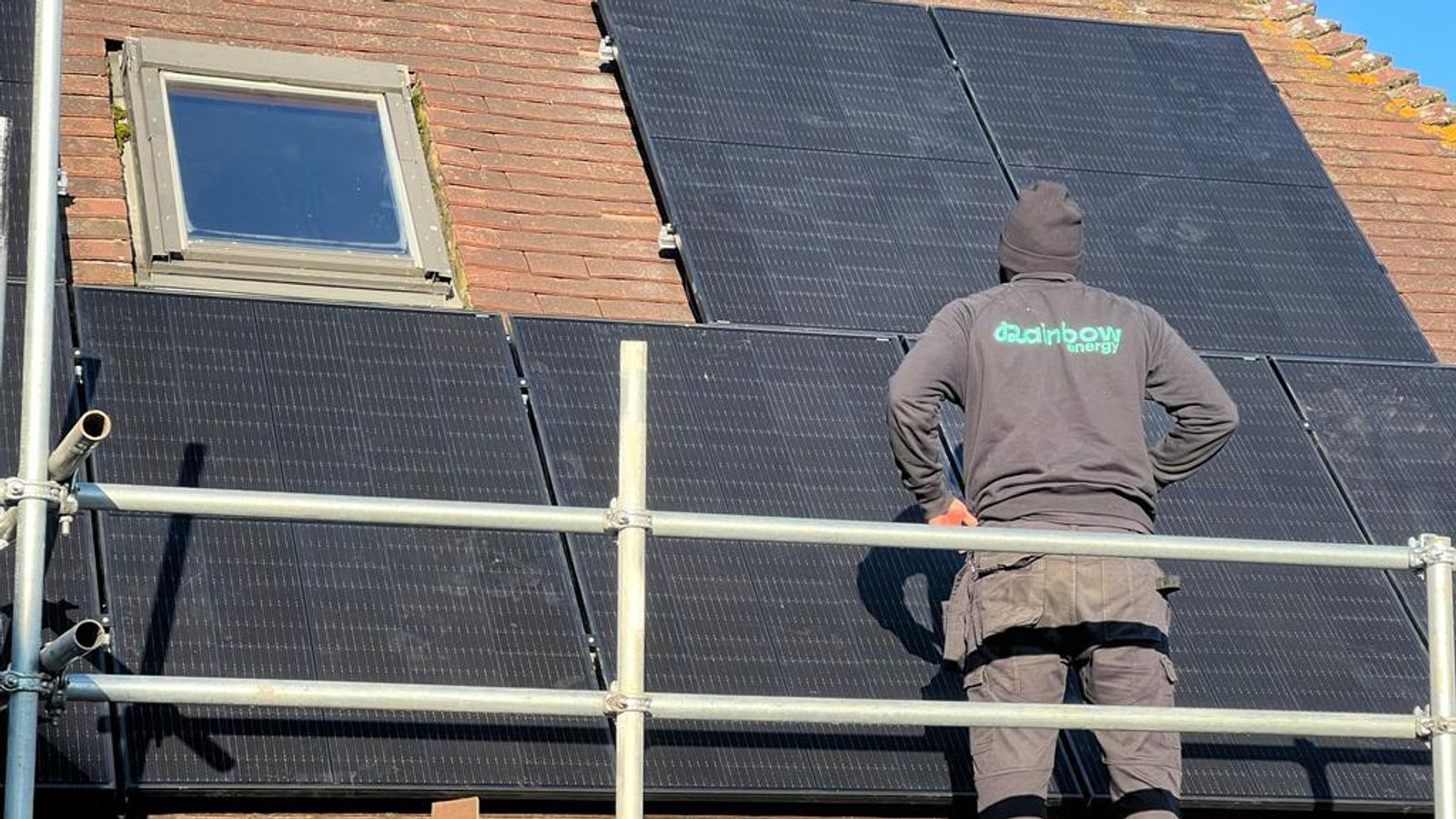
Due diligence when vetting crypto and blockchain companies comprises considering both traditional business factors and unique imperatives.
Venture capitalists may be wary of the crypto and blockchain industry at the moment, and it’s not without reason. However, the highly publicized bad actions of a few shouldn’t keep VCs from spotting the real potential that well-run businesses in the sector can offer.
As with investments in any industry, conducting thorough research and asking smart questions can help VCs ensure they’re backing reputable companies poised to make a positive (and profitable) impact in the market. Here, 12 members of Cointelegraph Innovation Circle share tips for a VC who’s considering investing in a crypto and blockchain company.
Traction outside the blockchain space
Blockchain won’t change the world; what we do with it will. We need to focus on adoption and relevance beyond the crypto and blockchain space. Therefore, my tip is to look for any kind of traction outside of the blockchain space. – German Ramirez, THE RELEVANCE HOUSE AG
Standard business fundamentals
VCs should look for the same fundamentals they’d watch for elsewhere: creditworthiness, risk modeling, vetting standards and audits, and government oversight. Regulation and market dynamics are likely to change the status quo, and more players will enter the space with new ideas. Some have spent years anticipating this (as we have), partnering with regulators to create a workable path forward. – Nathan McCauley, Anchorage Digital
Risk management
Looking at the infamous FTX balance sheet, it surprised me that VCs seemed to “overlook” that the assets were not risk-weighted — a lesson we should have learned from the 2008 global financial crisis. A bare minimum for decentralized finance projects, specifically, would be verifying audit reports, internal control processes, risk management (counterparty risk, leverage, liquidity and so on) and stress-test results. – Amber Ghaddar, AllianceBlock
The founders’ backgrounds
Given the recent high-profile failures of FTX and Alameda, Celsius, and Terra (LUNA), review the backgrounds of the founder team with a fine-toothed comb. Then look at their value proposition. Hopefully, they are not planning to be the latest in a thousand decentralized exchanges on that particular chain. Also, look at the total value locked and the actual revenues that come in from transaction gas fees and other sources. – Zain Jaffer, Zain Ventures
Team members’ backgrounds and experience
In any project, one of the most important aspects to look at is the team. Who are the team members, and what are their backgrounds and experience? After all the bad players that we’ve seen in the past year, it is especially important to pay close attention to the team. A strong team with quite a few years of experience in credible institutions, as well as a worthy mission and vision, can lead a project on a great path. – Ayelet Noff, SlicedBrand
Community and user engagement
VCs should look for teams that have a track record in successfully delivering results, as well as a strong vision and clear roadmap for how they plan to achieve their goals. Furthermore, look into the project’s community and user engagement. Community is an important factor in the success of a blockchain project, and assessing engagement levels can provide valuable insights into the potential for success. – Tammy Paola, Zerocap
Join the community where you can transform the future. Cointelegraph Innovation Circle brings blockchain technology leaders together to connect, collaborate and publish. Apply today
Subtle language cues
Look for subtleties in the language used by potential investees for clues. For example, “We’re in deep talks with BDE Ventures” is basically a way of saying they don’t have a signed term sheet yet, and there’s no deal as of now. But founders are good at making things sound like a “sure thing” when they really aren’t. Pay attention, ask more questions and don’t be afraid to ask what something really means. – Brian D. Evans, BDE Ventures Ventures
How the ledger is managed
At the bare minimum, blockchain for crypto must update the current ledger state correctly. It’s fundamentally an accounting service for the end-user. The project’s technical team should be able to explain precisely how errors might be introduced, any hidden costs, if and how the work can be double-checked by users and whether the accounting will be accepted by the general public, firms and governments. – Stephanie So, Geeq
Differentiation from traditional technology
Look at the actual technology and evaluate it based on its real or potential use in the real world versus the hype. Does it have differentiation from traditional technology? – Joe Roets, Dragonchain
The answers to these two questions
Thoroughly research the purpose of the project by answering two very important questions. First, is the project going to solve a real problem that people desperately need to figure out? And second, is blockchain technology the best way to solve this problem, and/or is a solution unachievable without it? If the answers to both questions are “yes,” that’s a great sign. – Bogomil Stoev, Seasonal Tokens
Whether the project fills an unmet market gap
Understand the market, its sectors and the different audiences to which various products or services cater. VCs should also conduct extensive research to ensure the products or services a company is providing actually address a market gap that isn’t already being filled. Plenty of projects aren’t adequately differentiated, challenging their long-term viability and place in the ecosystem. – Anthony Georgiades, Pastel Network
Support by real yields
Look for companies that are supported by real yields. At the end of the day, generating consistent profits is fundamental for keeping a business viable in the long term. VCs should think critically about each project’s financial projections and consider whether there are sustainable revenue streams driving its token utility. – Wolfgang Rückerl, ENT Technologies AG
This article was published through Cointelegraph Innovation Circle, a vetted organization of senior executives and experts in the blockchain technology industry who are building the future through the power of connections, collaboration and thought leadership. Opinions expressed do not necessarily reflect those of Cointelegraph.
Learn more about Cointelegraph Innovation Circle and see if you qualify to join.









